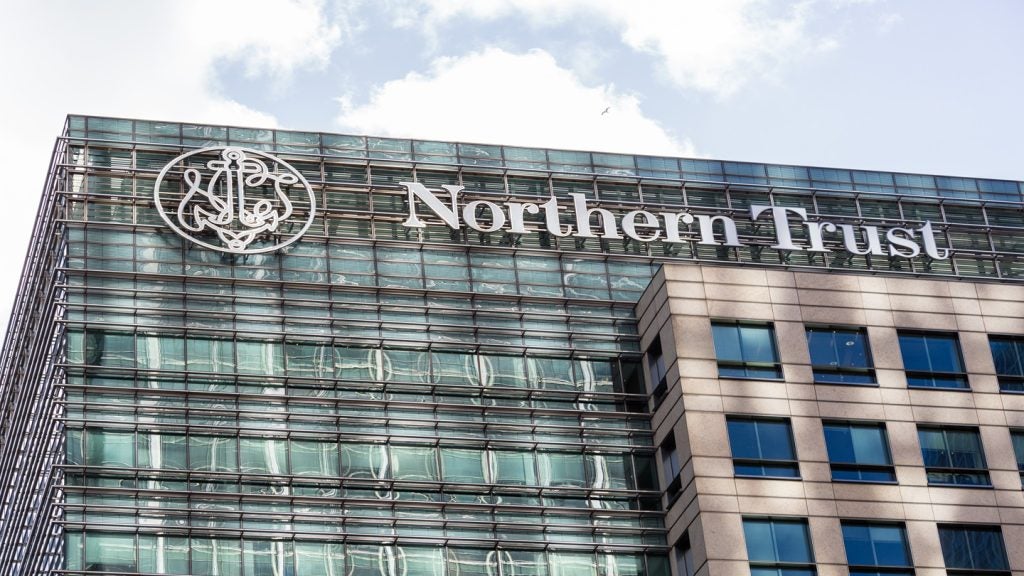Businesses have been shifting up the wealth management
pyramid in the past year, looking to gear their service to ultra
high net worth clients. But some in the industry do not believe the
segment is the panacea it is being painted as. William Cain looks
at the challenges of courting the super wealthy.
There has been an explosion of interest in ultra high net worth
wealth management in the past year, but the segment looks unlikely
to deliver the hoped-for profits.
Rupert Phelps, director of family office services at Bank of New
York Mellon, told PBI there was currently a “creep up the asset
pyramid” that business strategists found appealing. But he said the
number of wealth managers that have targeted ultra high net worth
individuals (UHNWIs) means it will be hard for them to establish
meaningful and profitable businesses.
While definitions of ultra high net worth vary, Phelps said the
area with the most overcapacity was among clients with $100 million
and above.
“I think it’s got to that point and it’s been there for a while,”
he said. “There’s something seductive about being at the top of the
pyramid, because more assets means making more money and offering
more products – and maybe the UHNW clients you attract will bring
their rich friends with them.
“I just don’t think there are enough customers to provide
profitable business to those that have expressed a desire to grow
in it. There’s quite a neat point which Raymond Baer made, which is
that UHNW is a terrible place to try to operate and the reason for
that, he argues, is that they are quasi-institutional.
How well do you really know your competitors?
Access the most comprehensive Company Profiles on the market, powered by GlobalData. Save hours of research. Gain competitive edge.

Thank you!
Your download email will arrive shortly
Not ready to buy yet? Download a free sample
We are confident about the unique quality of our Company Profiles. However, we want you to make the most beneficial decision for your business, so we offer a free sample that you can download by submitting the below form
By GlobalData“They will bargain down on prices because they don’t want to be
ripped off and they can do that because they’re well advised. You
have to give them the very best service, it’s not just your CRM
tools, and his [Baer’s] point is you are being so squeezed by that
that it’s hard to make money.”
One bank which is particularly active in the UHNW segment is
Citigroup, which is popularly credited with having one-third of the
world’s billionaires as clients.
Citi, which recently sold off the majority of its brokerage
operation Smith-Barney to Morgan Stanley, now has a much more
concentrated position as a private bank to the super-rich, though
it has operated in the UHNW area for some time.
David Poole, head of Citi’s UK private banking operations, said
there had been a notable shift in attitudes towards private clients
in the past two decades.
“When I started this job in 1987, investment management was the
poor relation to investment banking,” he said.
“I started at Lazard Brothers corporate management, and the
investment management business was not even secondary, it was
tertiary. Within that tertiary business, the private client was
even more marginalised and in the last 20 years or so, the private
client has moved across the spectrum from being absolutely in
no-one’s interest, to being reasonably interesting to now being
actually very considerably interesting.”
While Citi has the advantage of already being an established UHNW
player, the opportunists look likely to face a more difficult
challenge. Yet announcements from wealth managers looking to move
into the UHNW space continue to be made, according to independent
consultant David Maude.
“Among some players, there’s definitely an element of perceived
kudos – sentimentality even – attached to being seen to serve UHNW
clients, even though the margins aren’t typically there,” he said.
“That helps drive overcapacity. On a more commercial level, there
is an argument that developing a truly distinctive UHNW proposition
(for example, investment product, wealth structuring and reporting
capabilities) can help raise the skills profile and credibility of
the entire bank.
“As to why players are attacking this area now, my own analysis and
interviews suggest that UHNWIs account for a disproportionately
large proportion of the declines in assets under management at many
wealth managers. Now some of that simply reflects a relatively
aggressive asset allocation. But some of it reflects proactive
account switching: these are very much the assets in motion at the
moment. So I guess the desire to capture some of that might be
another way of squaring the circle.”
Poole added private individuals were becoming more important,
particularly in emerging wealth markets, where money is being
generated in owner-managed businesses. Large banks are well
positioned to deliver a holistic wealth management offering in this
area, he said, because of the need of these clients to have their
business and personal wealth interests looked after. Many, like
Citi, place their private client business in their institutional
banking divisions to help offer this range of service, which Poole
described as a private-investment banking offering.
“I feel that the little old private client, who forever was the
pariah of almost everybody in the industry, suddenly has become
more and more central, which is why there’s been such growth in our
business,” he said.
“And I do think that large banks are finally realising the value of
looking after super rich individuals around the world and in this
country as well, and are playing a more central role in providing
holistic banking and business services to those individuals.”







